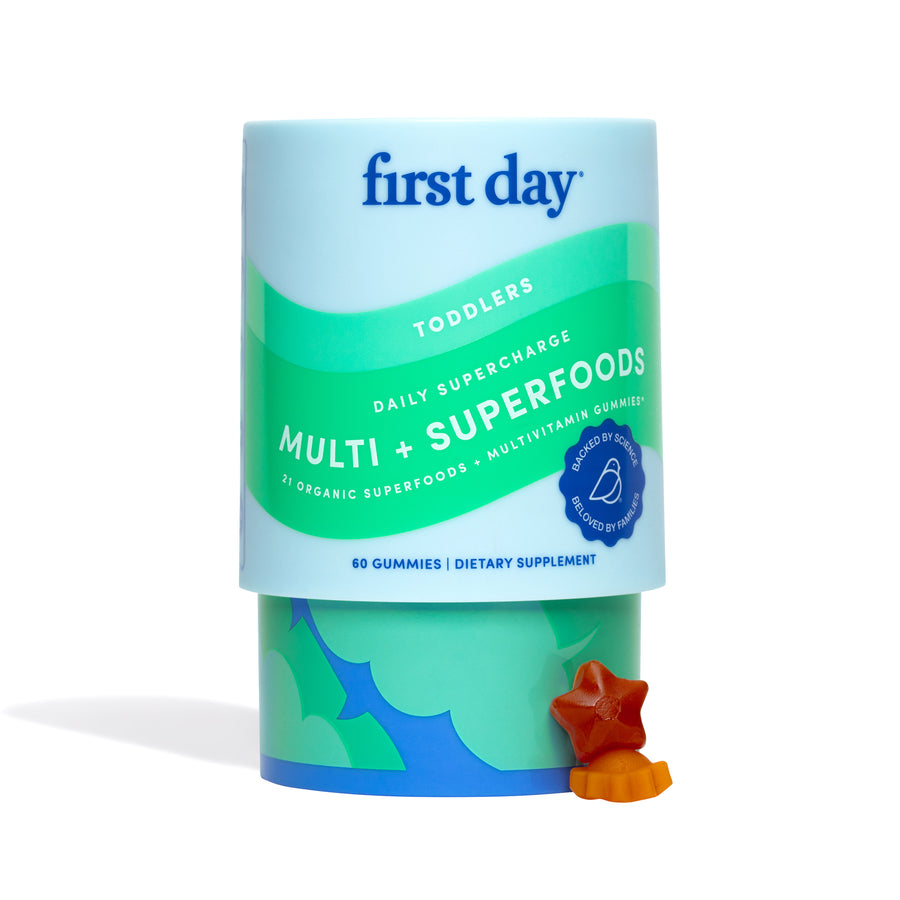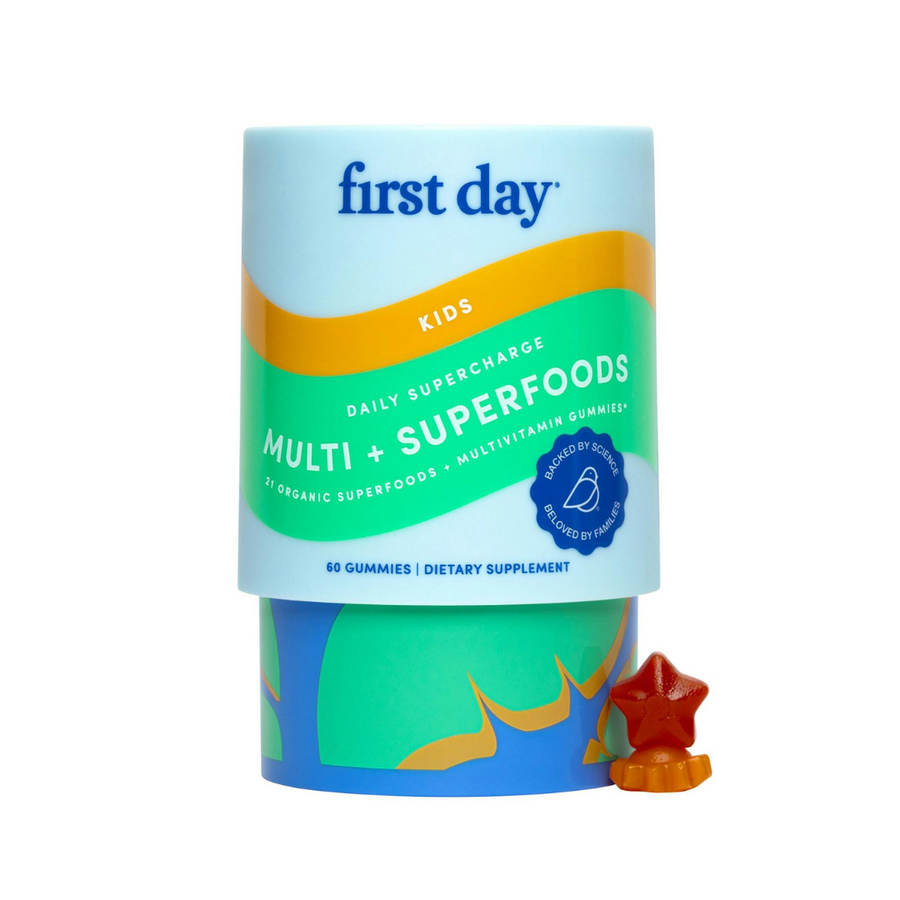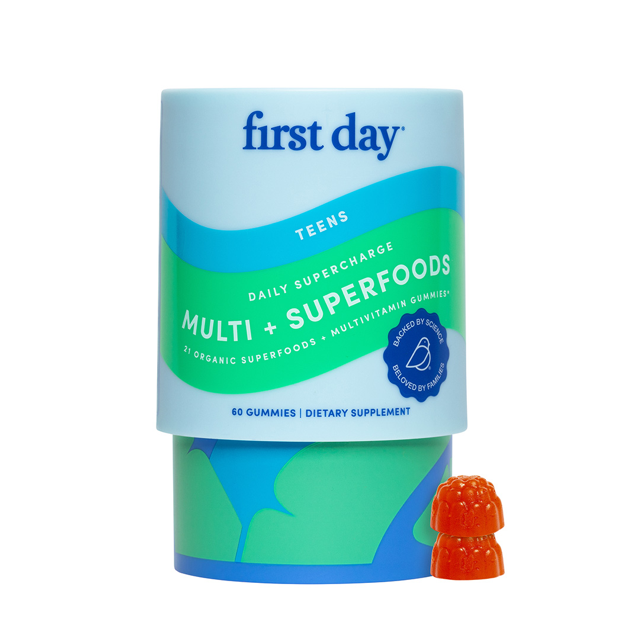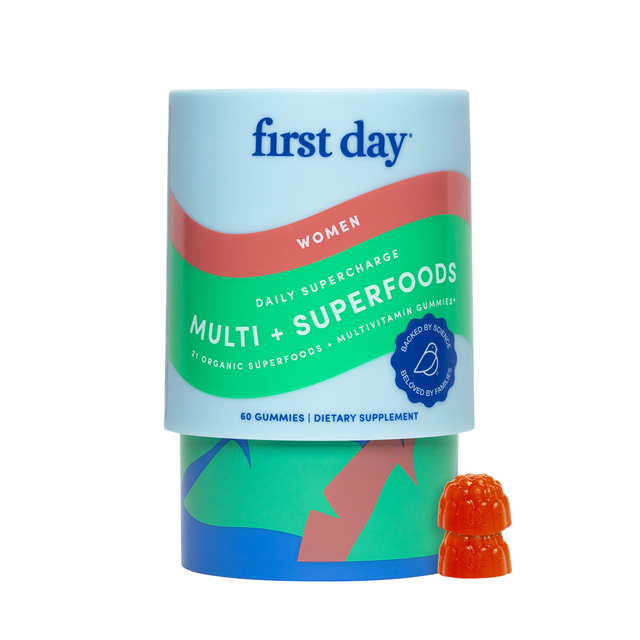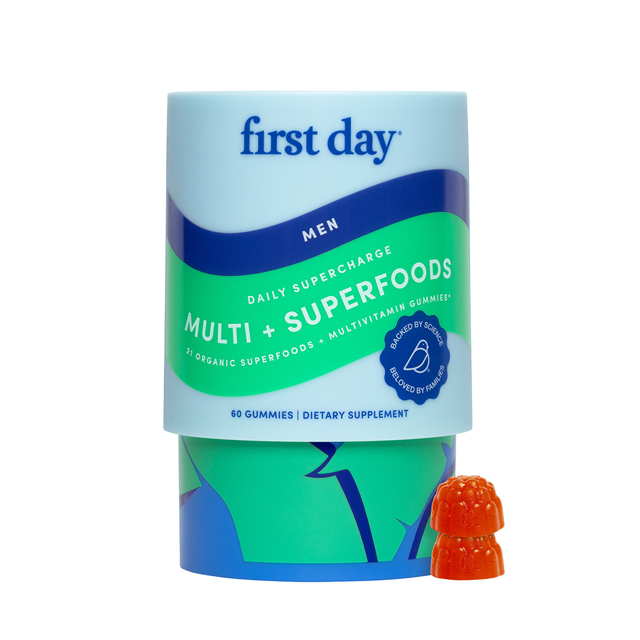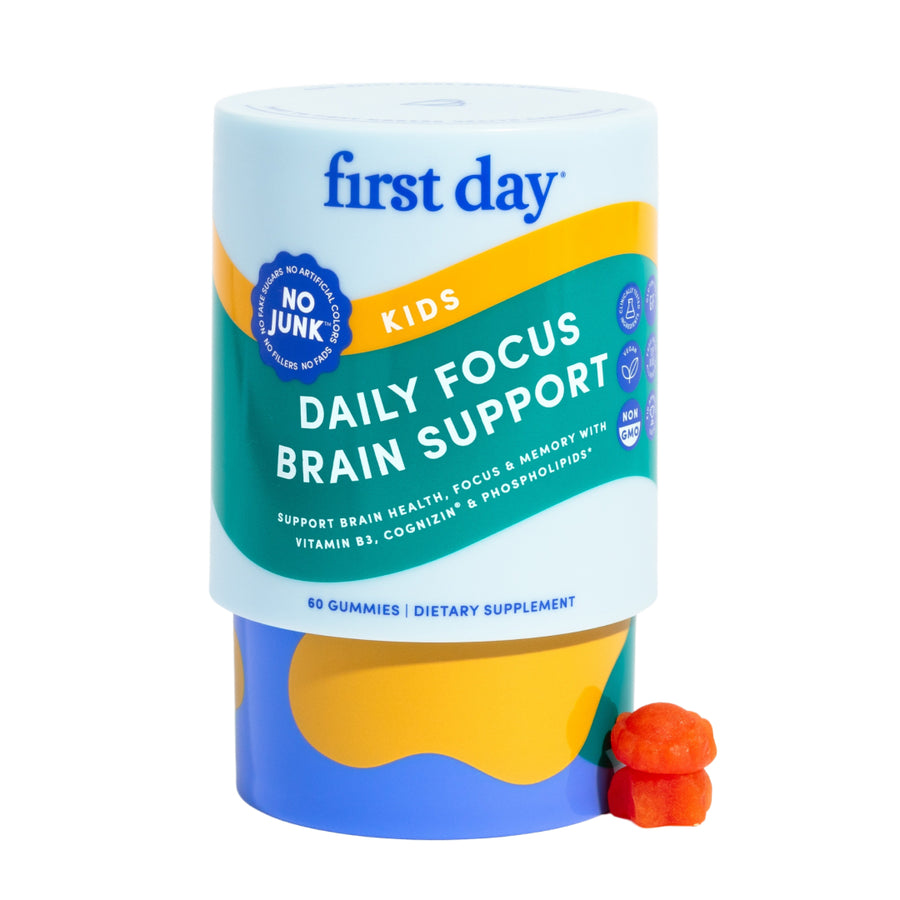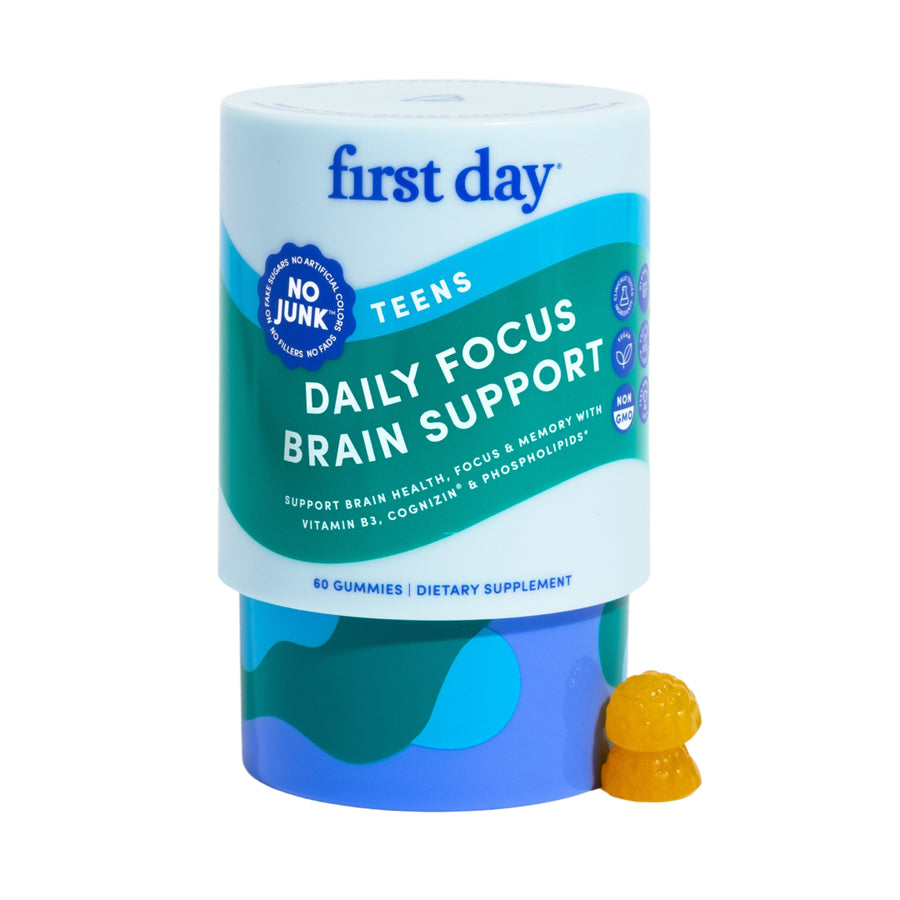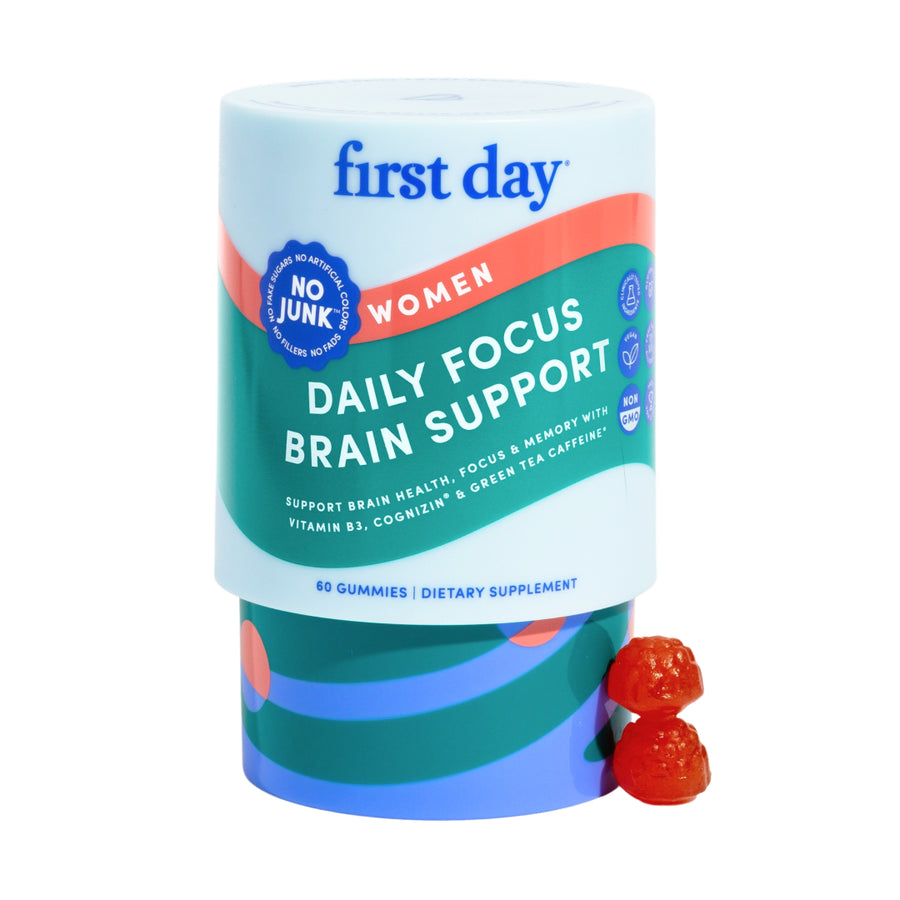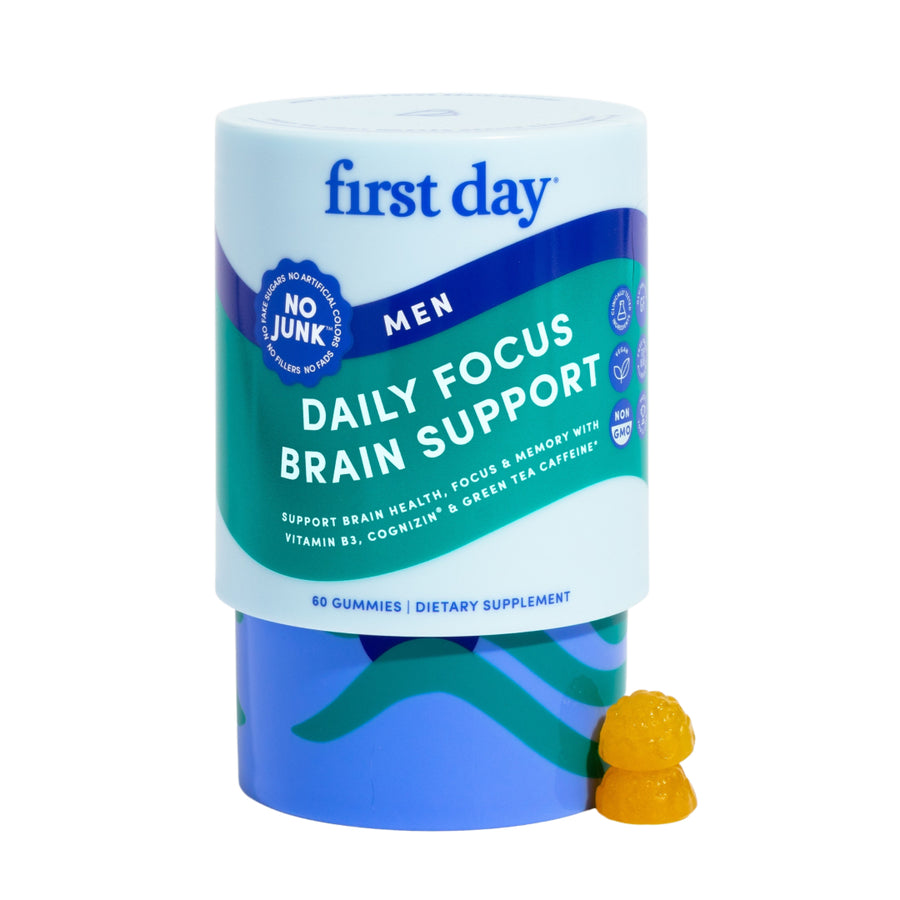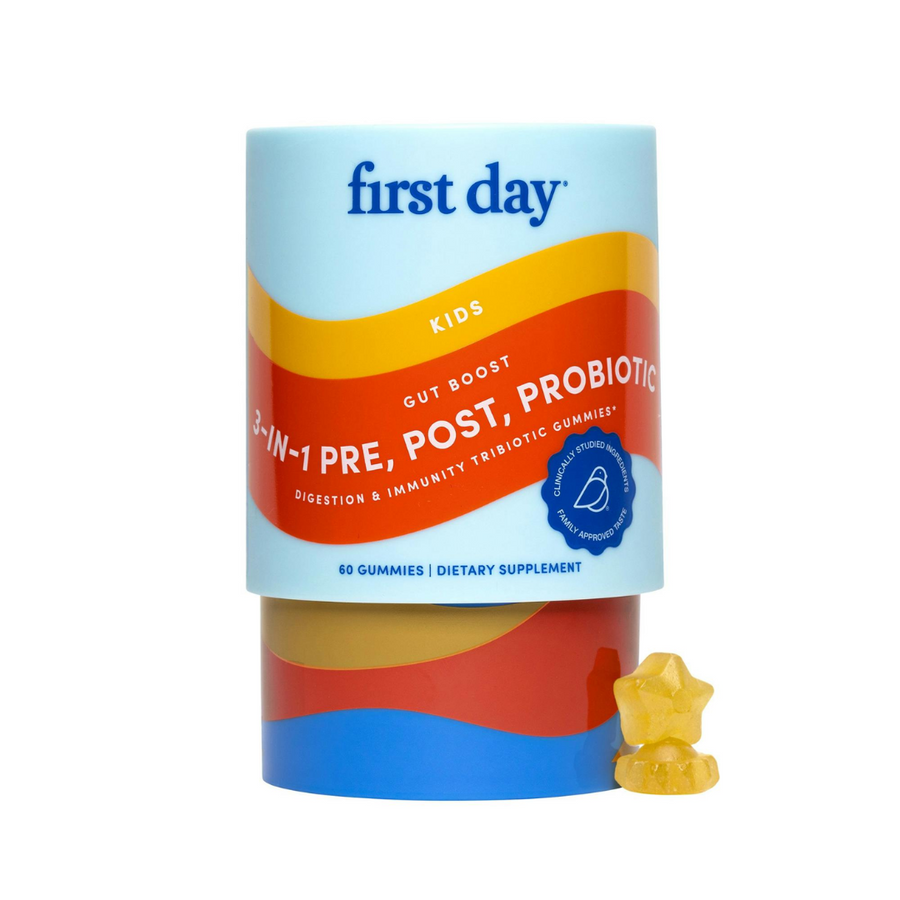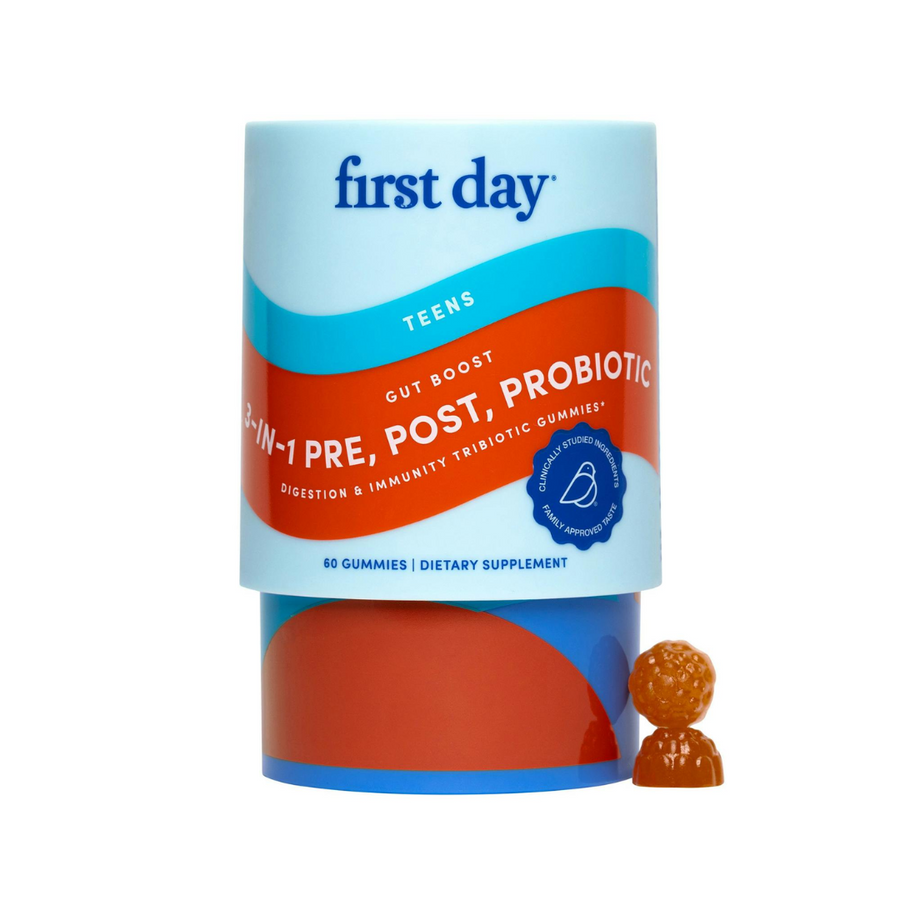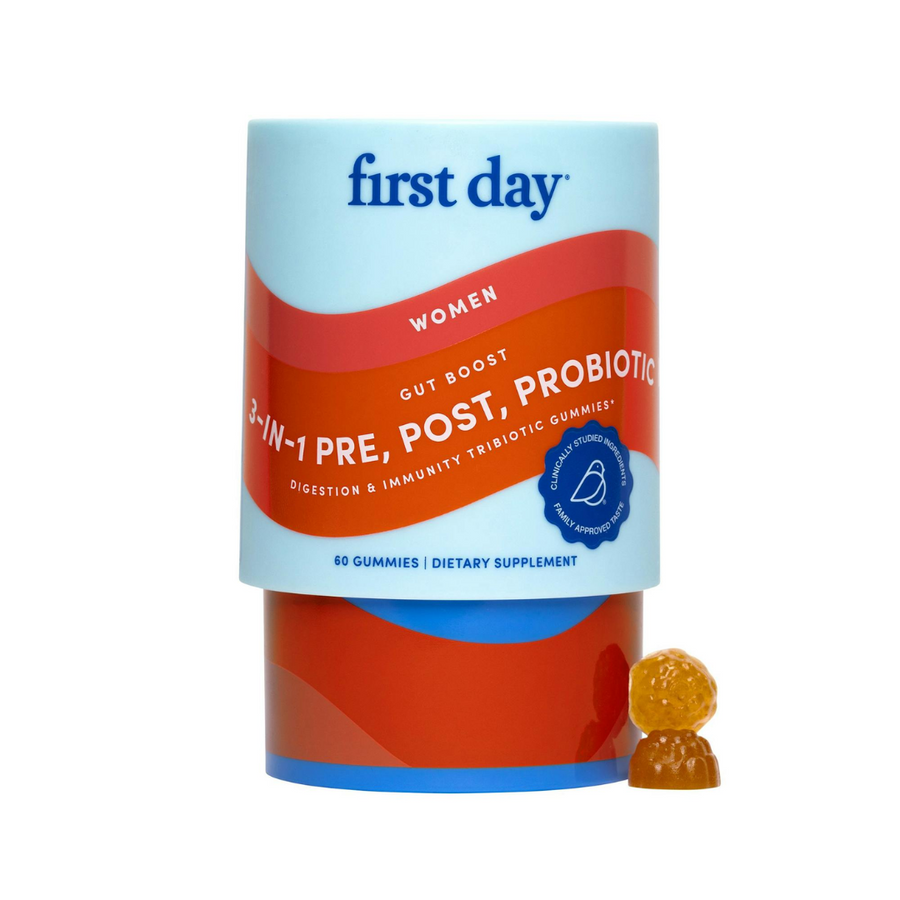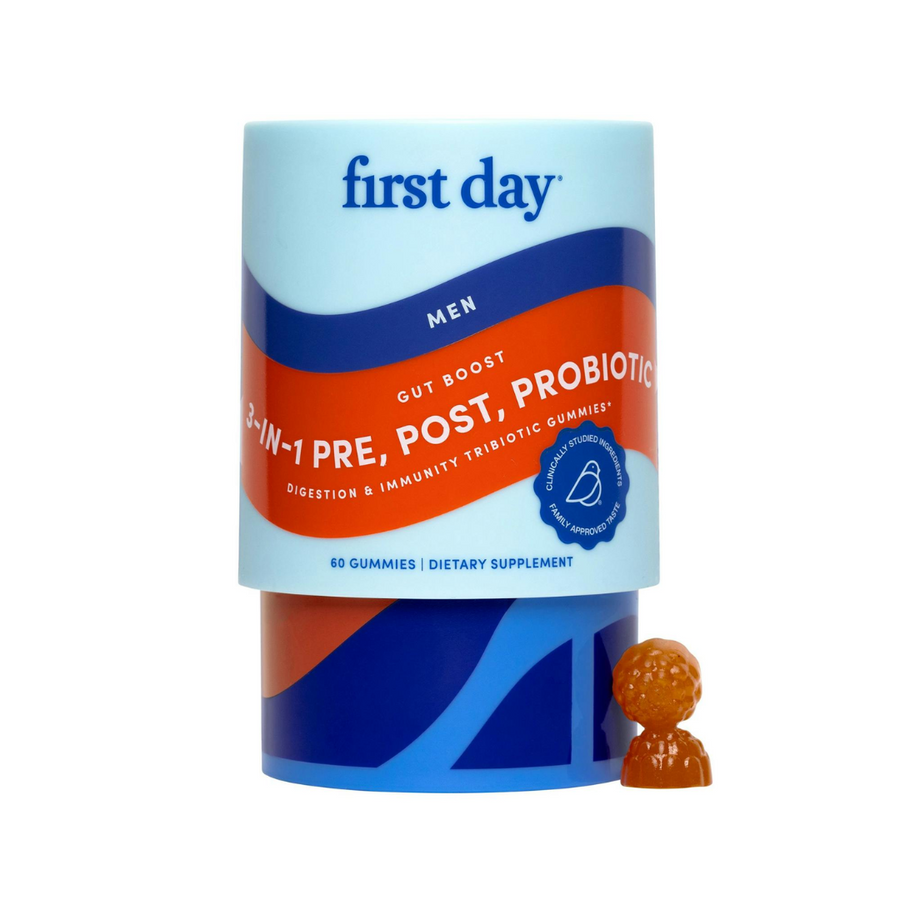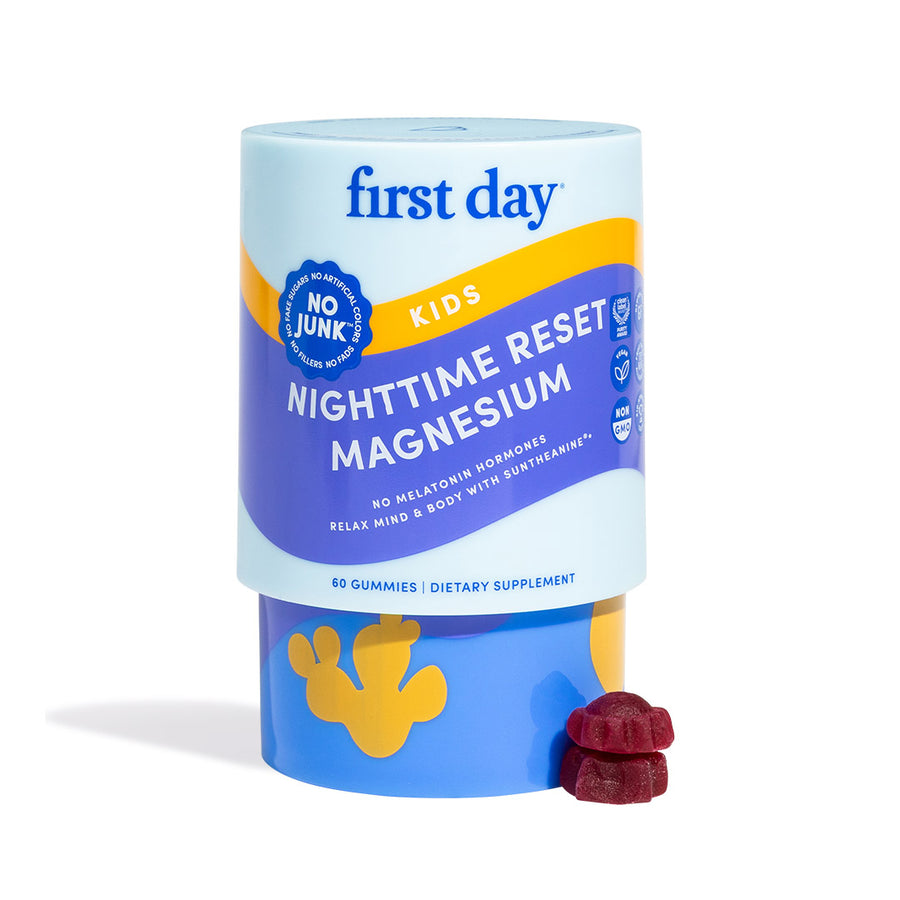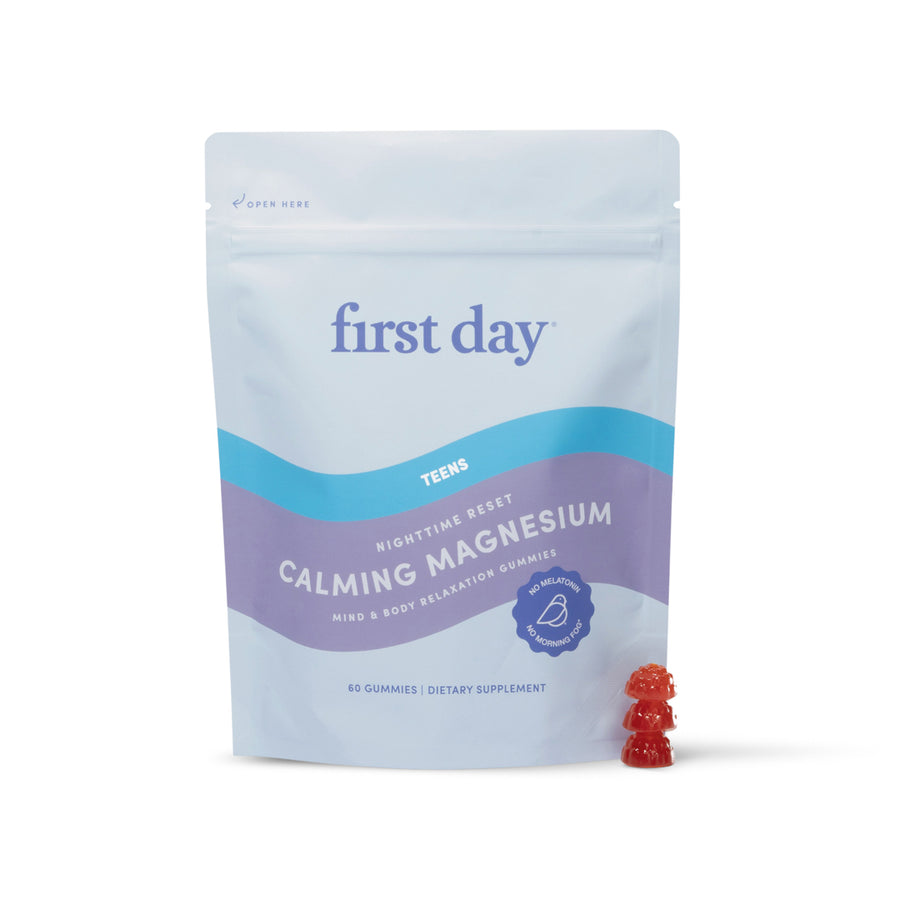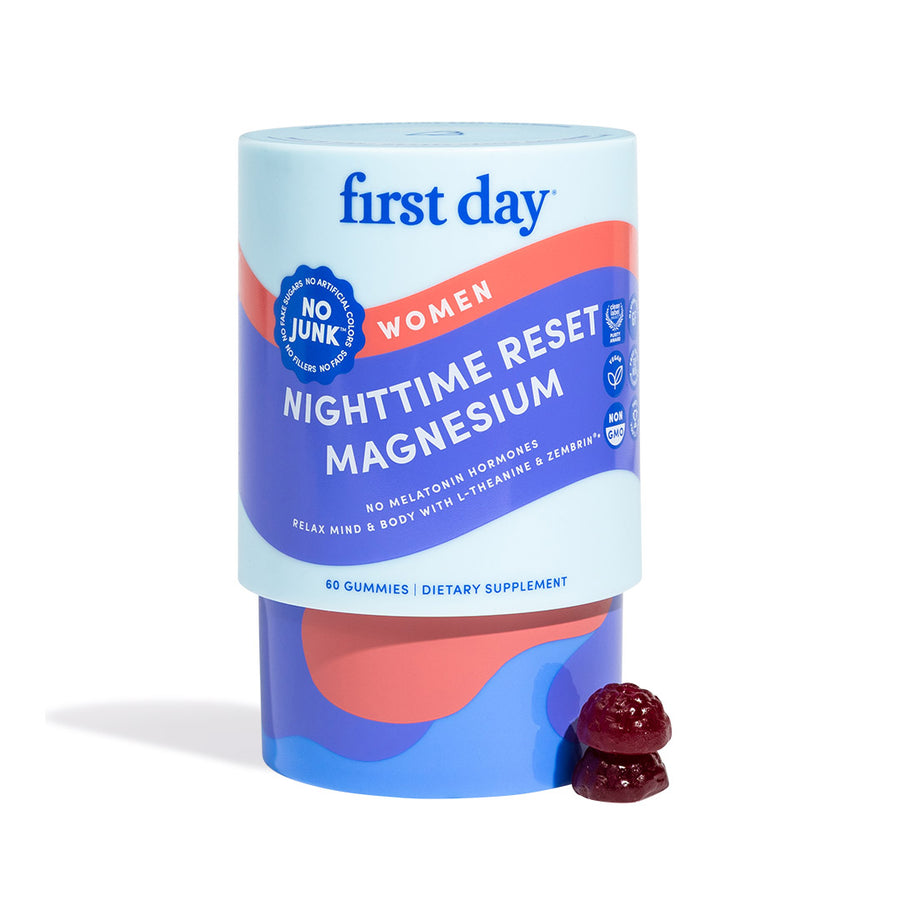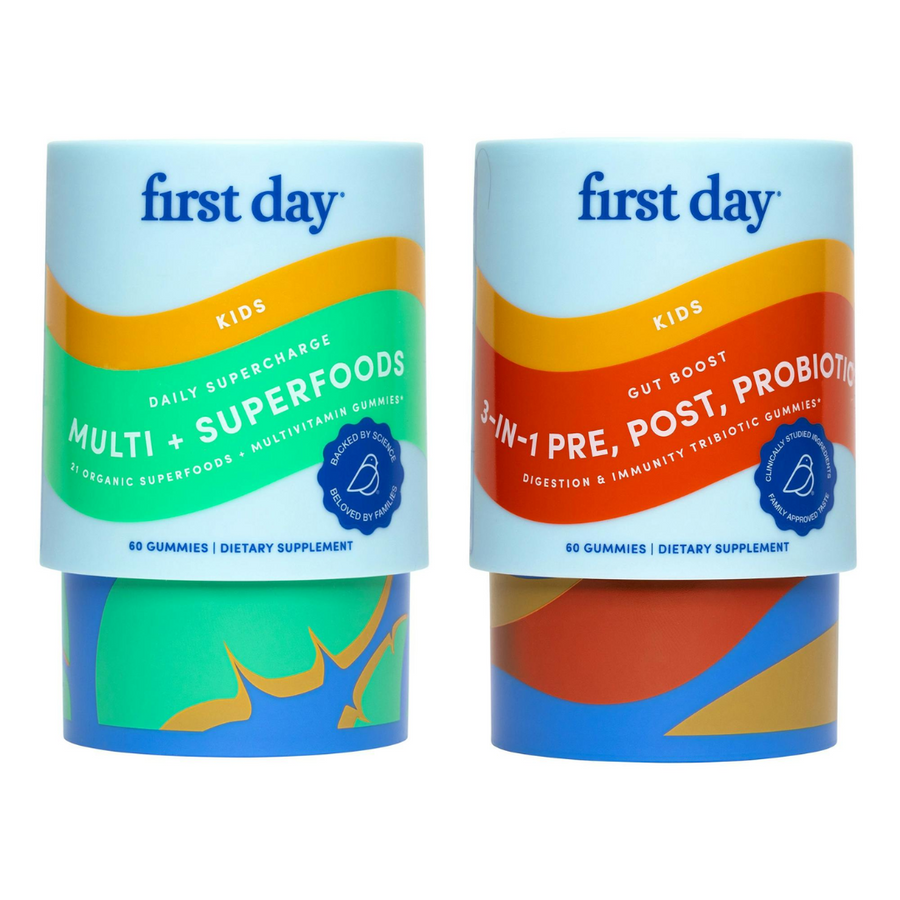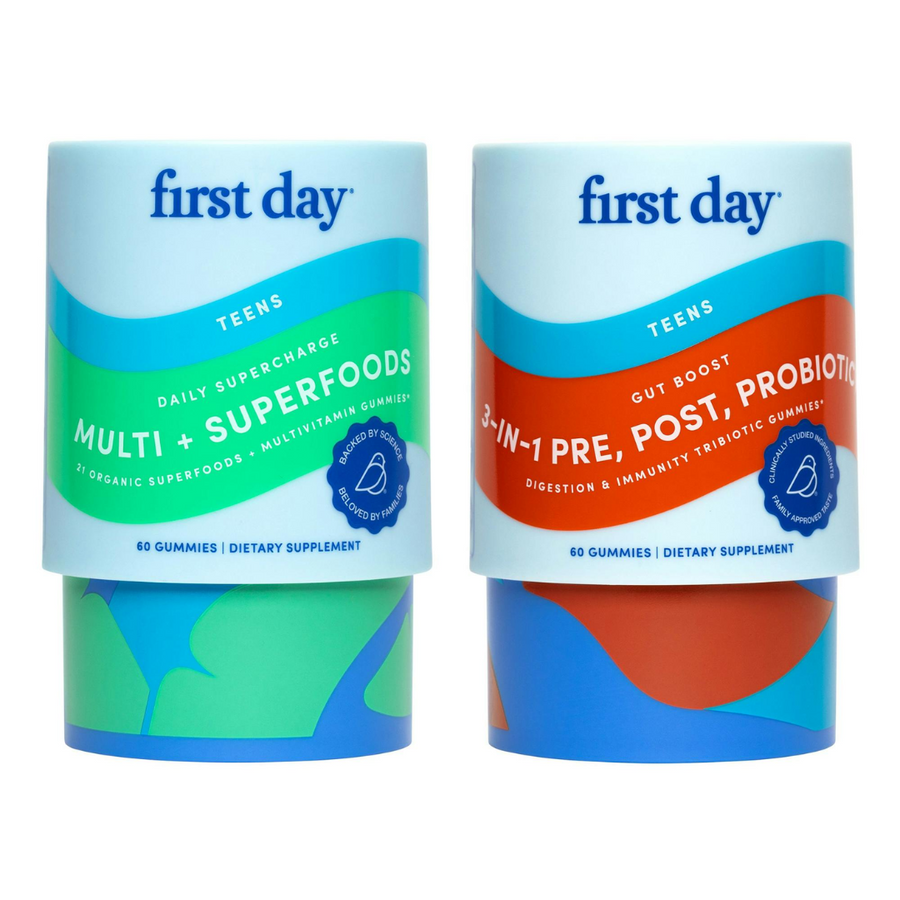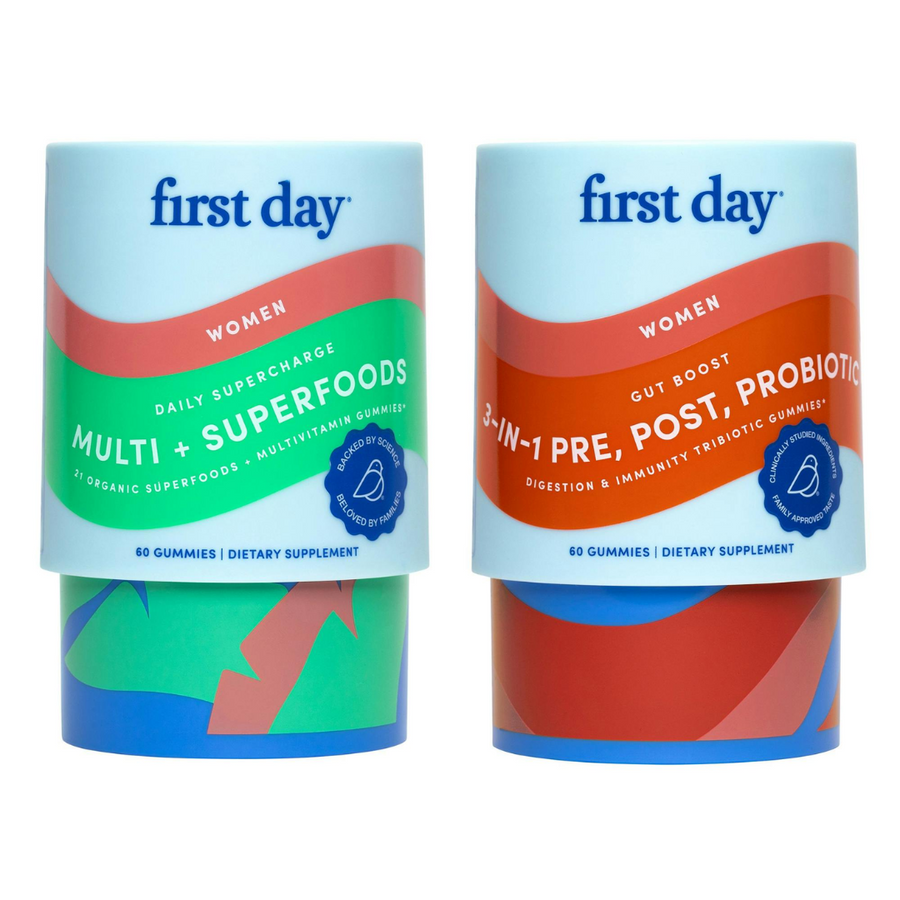Ah, the common cold – isn’t it everyone’s favorite uninvited guest? One moment you're living your best life and the next, you're surrounded by tissues, feeling like your head's stuffed with cotton. Your runny nose turns into a leaky faucet, your sore throat feels like sandpaper, and somehow, you’ve completely forgotten what it's like to breathe normally. It's no wonder that when this pesky ailment strikes, some people instinctively reach for what they consider the big guns: antibiotics. But could antibiotics for a cold really be the solution? In this blog post, we’ll dive into why antibiotics might not be the magic cure you're hoping for and what you can do instead to feel better fast.
Busting Myths and Uncovering Truths
One of the biggest myths out there is that antibiotics are a quick fix for the common cold. Sorry to burst your bubble, but antibiotics are designed to combat bacteria, not viruses. The common cold is caused by viruses, so reaching for antibiotics is wildly ineffective and, frankly, a waste of resources.
In fact, using antibiotics when they aren’t needed can lead to a whole host of issues, like antibiotic resistance. Antibiotic resistance happens when bacteria get smarter and resist the drugs meant to wipe them out. This makes infections trickier to treat and can lead to more disease spread, serious sickness, and even death. By saving antibiotics for when they're absolutely needed, we can keep them working well for those crucial times. So, instead of popping those antibiotic pills at the first sneeze, it’s way better to focus on treatments that actually work for viral infections.
Antibiotics vs. Antivirals: What's the Scoop?
Antibiotics are meds designed to treat bacterial infections by either killing the bacteria or stopping their growth. But they don't work on viruses, like the ones causing the common cold. That's where antivirals come in; they're made to fight a viral infection, helping to lessen the severity and duration of certain viruses. However, they aren't usually needed for colds since those often clear up on their own.
When dealing with a bacterial infection like strep throat, urinary tract infections, or other upper respiratory infections, antibiotics can be super effective if you follow your healthcare provider's instructions. Using them properly is key to preventing antibiotic resistance.
So, while both antivirals and antibiotics are great for fighting infections, they each have their specific roles. For a common cold, rest, hydration, and some over-the-counter remedies are usually your best bet. And, of course, always check with your healthcare provider before starting any new meds.
Antibiotics: What Could Go Wrong?
Besides antibiotic resistance, taking antibiotics willy-nilly can also lead to side effects. These can include:
- Nausea and vomiting: antibiotics can irritate the stomach, causing nausea and vomiting.
- Diarrhea: certain antibiotics can mess with your gut bacteria, leading to diarrhea.
- Allergic reactions: some people might be allergic to certain types of antibiotics. This can cause anything from mild rashes to life-threatening anaphylaxis.
- Interactions with other meds: Some antibiotics can interfere with other medications which could lead to other complications.
To avoid these potential hiccups, only use antibiotics when a healthcare provider prescribes them for a bacterial infection. If you notice any side effects, give your healthcare provider a heads-up so they can keep an eye on things and offer any needed support.
So, What Can I Do Instead?
The best way to alleviate cold symptoms is to support your body's natural healing process. Here are some things you can do instead of reaching for those unnecessary antibiotics:
Don't Forget Your Multivitamins
Multivitamins can be a game-changer. These little powerhouses pack a punch with a variety of vitamins that support your immune system. For example, Vitamin C is well-known for its immunity-boosting properties. Vitamin D, which we often get from sunlight, plays a crucial role in immune function.
First Day multivitamins are a delicious way to get these essential nutrients into your system. They're crafted with high-quality ingredients and designed to help your body stay strong against colds. Plus, they taste great, making it easier to stick to your vitamin regimen even when you're not feeling your best.
Ready to give your immune system the boost it needs?
Stock Up on First Day Multivitamins Now and Save 15% off Your Purchase!
Stay Hydrated!
Drinking plenty of fluids helps thin out mucus and makes it easier for your body to fight off infection. Plus, staying hydrated is crucial for your overall health, so drink up!
Get Plenty of Rest
When you're feeling under the weather, give your body a break and get some rest. This helps to conserve energy so your body can focus on healing.
Try Over-the-Counter Medicines
Over-the-counter (OTC) medicines like pain relievers, saline nasal sprays, decongestants, and cough suppressants can help ease common cold symptoms while you wait for the cold to pass. Just be sure to follow the recommended dosages and check with a healthcare provider if you have any concerns.
Use Natural Therapies
Some people find relief from using natural therapies such as herbal remedies. Keep in mind that not all of these have been scientifically proven, so it's best to consult with a healthcare provider before trying them out.
Antibiotics For Cold Is a No-Go!
So there you have it—antibiotics are not your go-to for battling the common cold. Instead, focus on supporting your immune system with healthy habits, staying hydrated, and getting plenty of rest. When in doubt, reach out to your healthcare provider for advice on the best way to handle your symptoms.
Also, never forget prevention is better than cure! First Day multivitamins can help strengthen your immune system and reduce your chances of getting sick. Plus, they're kid-friendly and come in delicious flavors that everyone will enjoy. Don't wait until you or your loved ones are already under the weather to start supporting your immunity.
Stock Up on First Day Multivitamins Now and Save 15% off Your Purchase!
References:
Eccles, R. (2023). Common cold. Frontiers in Allergy, 4(4), 1224988. https://doi.org/10.3389/falgy.2023.1224988
Common colds: Research summaries – Should you take antibiotics if you have a cold? (2023, December 11). Nih.gov; Institute for Quality and Efficiency in Health Care (IQWiG). https://www.ncbi.nlm.nih.gov/books/NBK279540/#:~:text=Poor%20outcome%20for%20antibiotics%20used
Vardanyan, R., & Hruby, V. (2016). Antiviral Drugs. Synthesis of Best-Seller Drugs, 687. https://doi.org/10.1016/B978-0-12-411492-0.00034-1
Mohsen, S., Dickinson, J. A., & Somayaji, R. (2020). Update on the adverse effects of antimicrobial therapies in community practice. Canadian Family Physician, 66(9), 651–659. https://www.ncbi.nlm.nih.gov/pmc/articles/PMC7491661/#:~:text=All%20antibiotics%20assessed%20can%20cause
Pai, M. P., Momary, K. M., & Rodvold, K. A. (2006). Antibiotic Drug Interactions. Medical Clinics of North America, 90(6), 1223–1255. https://doi.org/10.1016/j.mcna.2006.06.008
Prietl, B., Treiber, G., Pieber, T., & Amrein, K. (2013). Vitamin D and Immune Function. Nutrients, 5(7), 2502–2521. https://doi.org/10.3390/nu5072502
Saketkhoo, K., Januszkiewicz, A., & Sackner, M. A. (1978). Effects of drinking hot water, cold water, and chicken soup on nasal mucus velocity and nasal airflow resistance. CHEST Journal, 74(4). https://doi.org/10.1378/chest.74.4.408
Thielmann, A., Gerasimovska-Kitanovska, B., Buczkowski, K., Koskela, T. H., Mevsim, V., Czachowski, S., Petrazzuoli, F., Petek-Šter, M., Lingner, H., Hoffman, R. D., Tekiner, S., Chambe, J., Edirne, T., Hoffmann, K., Pirrotta, E., Uludağ, A., Yikilkan, H., Kreitmayer Pestic, S., Zielinski, A., & Guede Fernández, C. (2016). Self-Care for Common Colds by Primary Care Patients: A European Multicenter Survey on the Prevalence and Patterns of Practices—The COCO Study. Evidence-Based Complementary and Alternative Medicine, 2016, 1–9. https://doi.org/10.1155/2016/6949202

